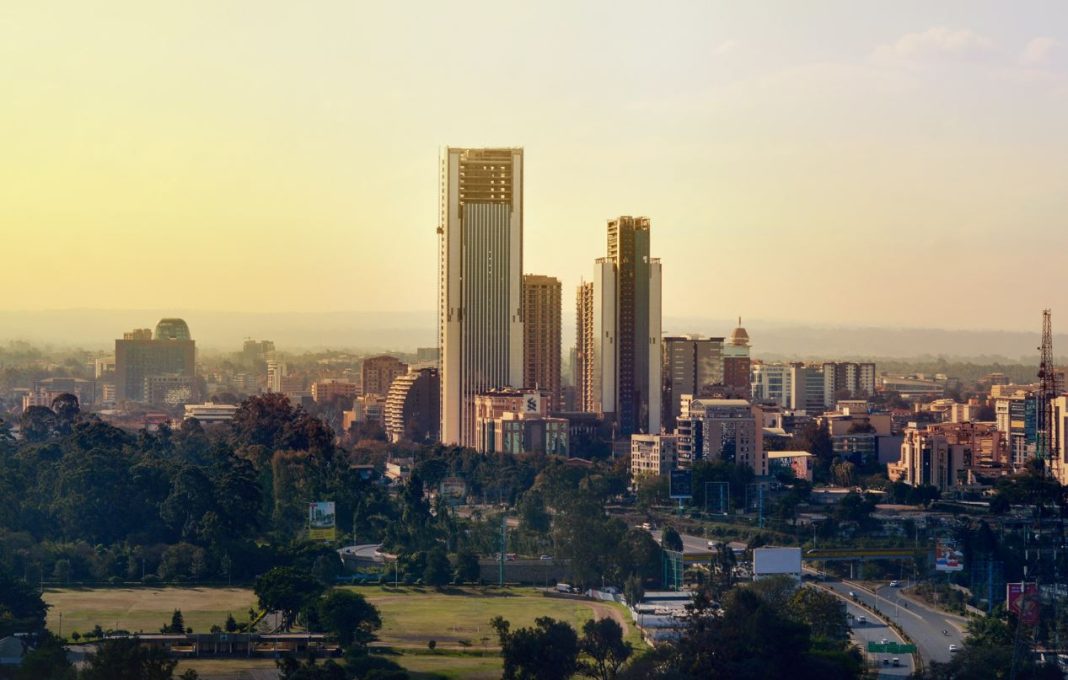 Engineers in Kenya have raised alarm over persistent frustrations with the development plan approval process in Nairobi County, citing significant challenges in obtaining timely and transparent approvals.
Engineers in Kenya have raised alarm over persistent frustrations with the development plan approval process in Nairobi County, citing significant challenges in obtaining timely and transparent approvals.
In a statement issued on Saturday, April 26, the Institution of Engineers of Kenya (IEK) called out issues of corruption, inefficiency, and unethical practices that hinder a fair and efficient approval system.
“There is growing evidence of corrupt practices entrenched within the county’s approval system. Professionals have reported cases where development plans are delayed or rejected unless informal payments or favours are exchanged,” said IEK President Shammah Kiteme.
The IEK also expressed concern over the recurring delays in the approval process, despite repeated follow-ups with county offices. According to the institution, approvals now take as long as a year, causing frustration among clients and damaging the credibility of engineers.
“This has seen approvals take as long as a year. At this point, our clients think Engineers are incompetent, and the credibility dent is a career threat to our members. The corrupt system is designed to manufacture desperation, inducing the need to bribe to get the approvals and save face,” the statement noted.
Furthermore, the IEK criticised the underutilisation of the Nairobi Planning and Development Management System (NPDMS), a digital platform intended to streamline the process. They argue that weaknesses in the system are intentionally undermining its digitalisation goals.
“These weaknesses not only inconvenience our members but are also deliberately engineered to defeat the very intention of the digitalisation,” IEK said.
The institution has called for a thorough audit of the approval process and demanded accountability for the officials responsible for delays. They also urged the establishment of strict service-level timelines to ensure timely and transparent approvals.
“Engineers must be afforded a safe and transparent development approval process, free from coercion or corruption. The integrity of Kenya’s built environment depends on this very tenet. Public safety is cardinal” Kiteme emphasised.
These concerns come amid growing warnings from environmental professionals about the rise of illegal and irregular high-rise buildings in Nairobi, which threaten public safety and environmental sustainability.
